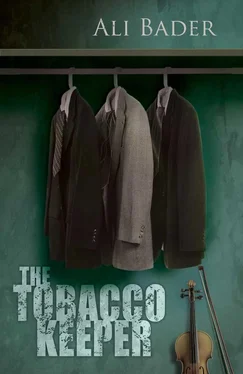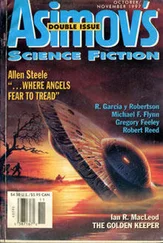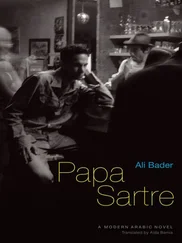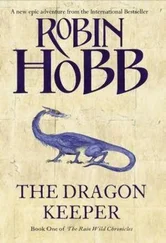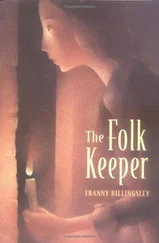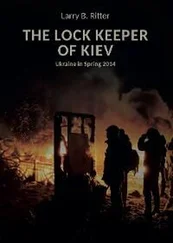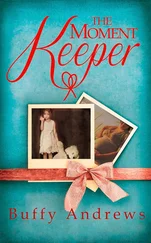Faced with escalating, anti-Jewish Nazi and Fascist tendencies, the Jews reacted by adopting extremely traditional, religious and Zionist views. They tried to counter extremism by adopting their own extremist attitudes. This was represented by the increasing popularity of Zionism and the establishment of the Tenoua organization. In one of Yousef’s letters to Farida dated March 1966 [ Note: The letter was addressed to the Czech musician Karl Baruch in Prague, but written to Farida ], he described his meeting with the head of the Zionist secret society in Tehran, Benek Wilson Bennett, a British citizen of Russian descent. He was in control of the Jewish Agency in Tehran and, during that period, moved frequently between Ankara, Beirut, Damascus and Cairo. In 1948 he came to Iraq dressed as a Christian clergyman, ostensibly representing the Kashanian Company for carpets in Iran and Iraq. His assistant in Iran was the director of Orion Express, which had its headquarters in Tehran and a branch in Iraq. Bennett had facilitated the entry of a well-known Iraqi trader called Yehuda Meir Menasha into Iraq on an Iranian passport bearing the name of Ismail Mahdi Salhoun. Yousef had the following conversation with Bennett:
‘You’re an important musician and we’ll help you travel to Israel.’
‘Do you want me to be a refugee, to be in exile when I have a home and a country?’
‘This isn’t your country. One day they’ll tell you to get out of here. Your country is over there. Today it’s me telling you this, but they will tell it to you later.’
Feigned innocence was Yousef’s latest strategy to protect himself. It was the last means he had of preserving his existence. He spent a miserable night before meeting Bennett at the library. Bennett sat beside him, smiling and being nice to him. Yousef, for his part, was immovable and held his silence for a long time. What Bennett didn’t know was that Yousef was trying in vain to find a new type of reasoning, or a new orientation that was neither Zionist nor nationalist. Gazing at Yousef, Bennett saw drops of sweat frozen on Yousef’s puzzled face. The cheerful hospitality with which he had first greeted Bennett couldn’t hide his concern. But what, thought Bennett, were the ambitions of this obscure musician? Each evening he would obstinately place his music sheet on the stand and soar far away. His audience was made up of middle-class Christian, Jewish and Muslim families, mostly communists and intellectuals, who were transported in their own way while scores of seats remained empty. Those were Bennett’s reflections, while Yousef had very different thoughts: What could he possibly do in Israel, a land he had never lived in or known?
A heavy silence descended over the place, punctuated by Bennett’s sighs and Yousef’s breathing. Bennett hadn’t read the news item in the Baghdad Times lying on the table beside him, which reported that Yousef Sami Saleh had just been awarded the King Faisal Prize for the violin. It also announced a series of concerts to be given at the English Club in Baghdad in the presence of the most prominent families of the city. What would this young man, who had such superb mastery over the violin, especially Bach’s sonata for solo violin, do in Israel?
That same day, Yousef went to the English Club to perform a new piece of his own composition. As soon as he had placed the violin on his shoulder and begun tuning it, he heard one of the Youth Brigade insulting him from among the audience, shouting out ‘Jew’.
Yousef didn’t look up at all. He who had received the highest accolades in the kingdom neither lifted his head nor looked in the direction of the insult, but continued stroking his bow over the strings of his violin. Although he didn’t look up, he could hear the hubbub in the auditorium. He realized that some of the families among the audience had kicked the man out of the hall. This member of the Youth Brigade or Nazi Scouts had sneaked in to ruin the whole concert. After he’d been thrown out, the audience were ready to listen to the new composition. But Yousef stopped playing. His expression changed so much that he became almost unrecognizable. He fumbled in his pockets, brought out a handkerchief and adjusted his bow tie. He then stood up, examined his violin, sat down again, fixed his trousers and adjusted the music sheets on the stand. But instead of playing, he broke into burning tears.
Yousef realized that things had changed forever. Everywhere was turmoil. Angry young men were roaming the streets dressed in various uniforms, their heads shaved at the sides. He realized that new and violent ideas were circulating in society. There were anti-Jewish statements and graffiti on the walls calling for their deaths. It was a complete reversal. Stories that had never been told before were now out in the open. Massouda Sassoon told him that a bomb had gone off at Massouda Shemtov synagogue. Suleiman Chalabi told him that he’d heard from his uncle Yossi about a bomb that had exploded at the Beit Lawi Car Company. One morning, when he’d just woken up and was lying in bed, he tuned in to the news on the radio. His muscles froze as he heard the news of an explosion at the Stanley Shashou Trading Company.
At the same time, Zionist sympathies grew stronger among the Jews. They began to stockpile arms, study Hebrew and promote Zionist propaganda in the Tenoua organizations. But Yousef resisted that trend. He wrote in one of his letters to Farida, ‘Before I could find answers or even ask questions, I’d rejected everything. My rejection was spontaneous and unsupported by any logical reasoning. It was just a profound, mute certainty coming from my heart.’ This was what he wrote in an undated letter to his wife. Discussions became more heated and ideas clashed, while his enthusiasm for music grew. He wondered whether music was capable of bringing people together from different backgrounds and cultures. He believed that music could become a unifying force for all sects, religions and ethnicities, so each evening he played at the English Club where Muslims, Jews and Christians listened to his music in absolute silence and admiration, with pleasure and with passion. He tried to combine Western music, which he loved, with Iraqi music. He developed his style and ideas, and sometimes wrote articles on music for the newspapers. He believed that music was capable of making human minds more daring and more elevated.
This was how Yousef stood in front of the audience and began, as though in a trance, to produce tunes from his violin. He believed deep in his heart that his music had a magical effect on people, uniting them as human beings in an appreciation of beauty. He heard teachers presenting scientific or pseudo-scientific theories and researches. He read newspapers and was familiar with the public mood. He understood the meaning of sectarianism and realized that a whole movement existed that opposed his presence there. It was very difficult for him to resist or even to prevent himself from being destroyed. He knew without a shred of doubt that dialogue would soon be impossible and that all resistance would be useless. Nevertheless, he withdrew into his inner world, dedicating himself wholeheartedly to music. He wrote dozens of musical scores and filled his notebooks; he analyzed and studied music. He confronted the overwhelming propaganda machine of society with his own personal convictions.
It was in 1950 that Yousef stood in front of the audience at the English Club in Baghdad performing with the London Philharmonic Orchestra. Hundreds of people sat in silent anticipation. As the tall, slim musician stood holding his violin, the hall became pitch dark except for the spotlight on him. On that day he wore a black tuxedo and patent leather shoes. He raised his violin and after a moment of complete silence he placed the bow on the strings and began to play. He felt himself soaring high as the music flowed from his hands, and his heart almost stopped with joy.
Читать дальше
